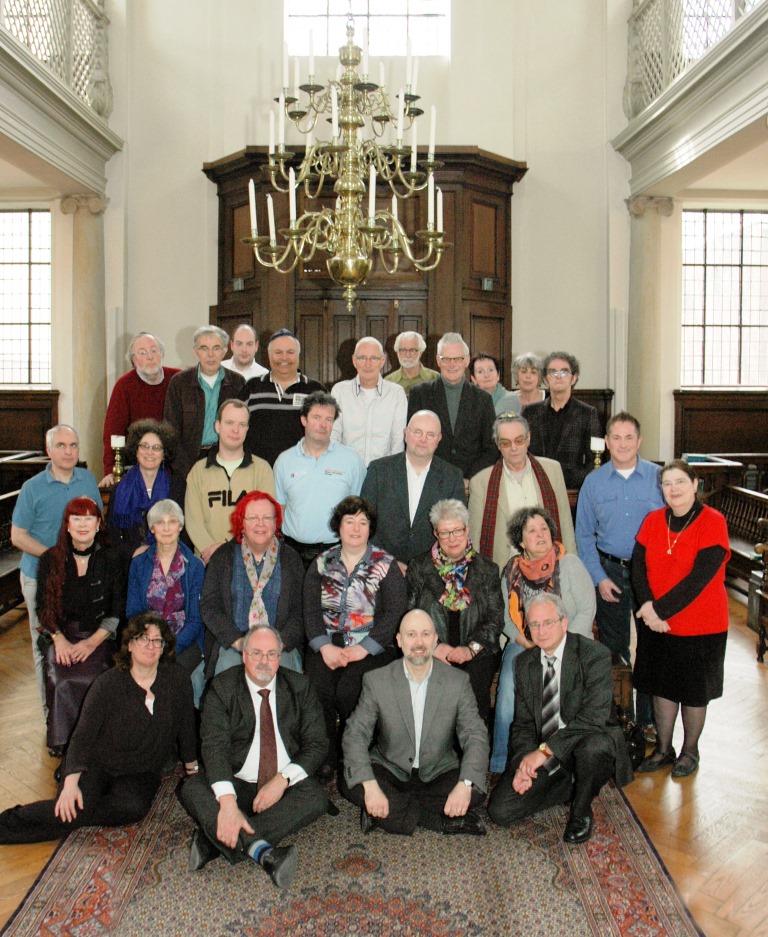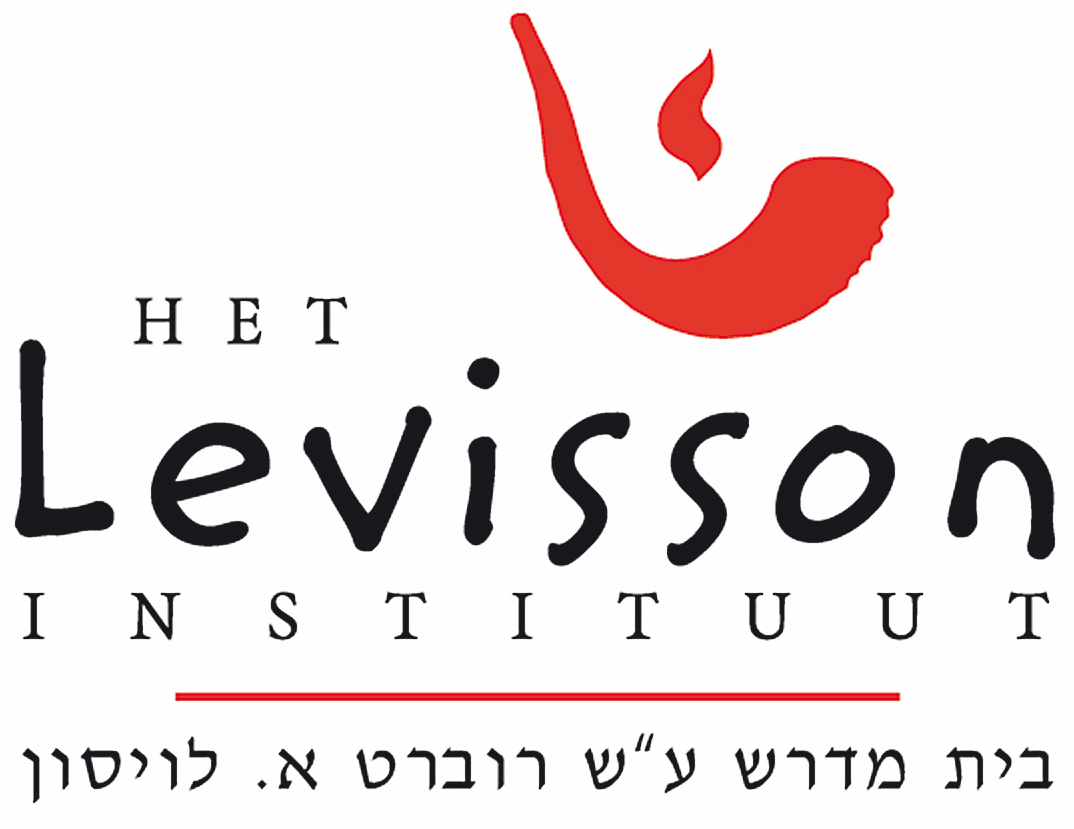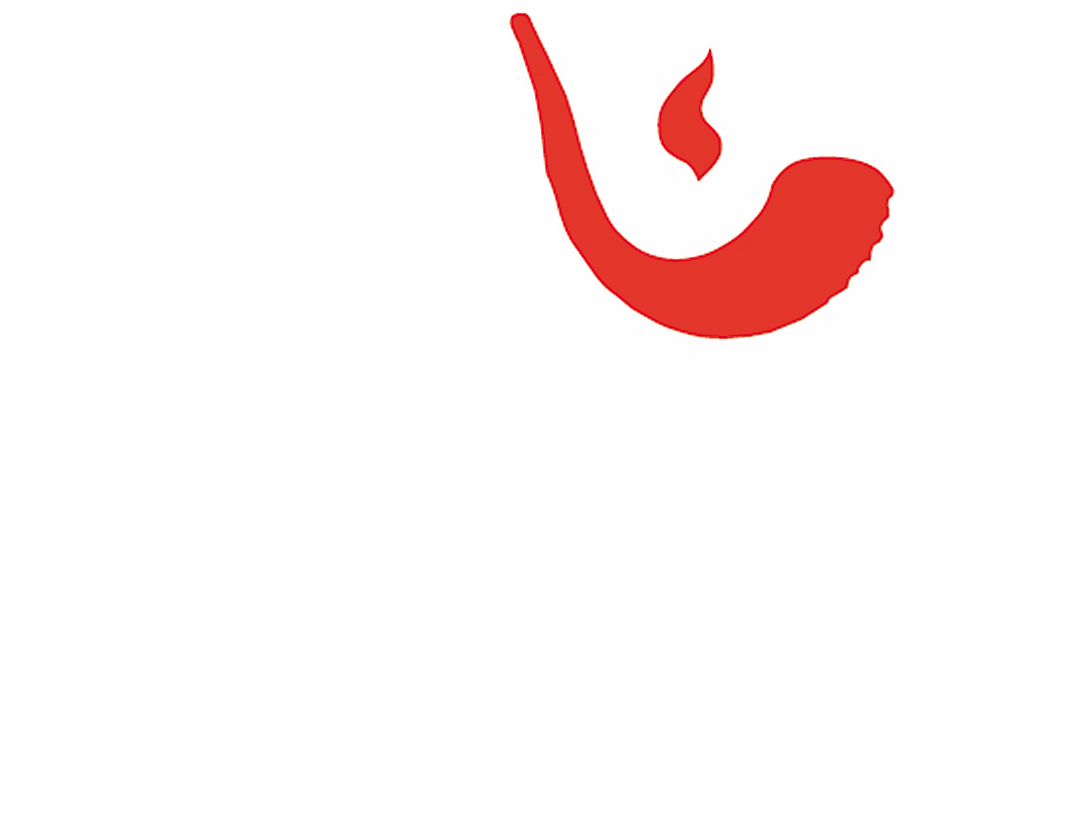Gabbay training

For the first time the Levisson Institute organised in spring 2013 a training for gabbaim. Almost 40 people from all congregations in the Dutch Union for Progressive Judaism and from Beit Ha’Chidush participated.
The lessons were taught by rabbi Menno ten Brink, dean of the Institute, some other rabbis and members of the congregations, among them gabbaim.
During three Sunday afternoons the participants learned theoretical and practical subjects:
Lesson 1
- Historical development of the synagogue and its officials
- Text study
- What does the shamash during services and chupot?
- What does the gabbay?
- Lists of mitzwot and schedules
Lesson 2
- List of terms for the Torah readings
- Order of aliyot
- Which mitzwot exist and why
- Misheberach, birkat hagomel, yizkor
Lesson 3
- Continuation mitzwot
- How to handle a Torah scroll
- How to call for aliya?
- Closure
All lessons (in Dutch) are filmed and can be watched on the Dutch side of this subject.
If and when another similar course of study will be initiated, this will be advertized on this website.
Gabbay guide

In spring 2020 the first Dutch gabbay guide will be published by the Levisson Institute, especially for the Progressive-Jewish congregations in the Netherlands.
The book will be available via Sja’ar Foundation, publisher of the Dutch Union for Progressive Judaism.
This first Dutch Progressive-Jewish Gabbay Guide is not only a handbook for the gabbay, the assistant of the rabbi. He or she ensures that the shul services run as smoothly as possible. The gabbay will read parts during a service, next to the rabbi, or sung by the chazzan. In some municipalities, the function of gabbay and shammash is combined. In addition, this guide is of interest to anyone involved in Progressive-Jewish worship.
This guide consists of two parts. The first part contains the rules and customs and the course of events during the daily services, Shabbat and holidays and in particular during the Torah service. In the second part are the Hebrew texts, with Dutch translation, that are used in the Torah service to call people for aliyah or to give a misheberach. These have been extended with many variations, taking into account the modern society, in which a variety of family relationships exist. New misheberachs, which were not yet in the Dutch sidoer, have also been added.

